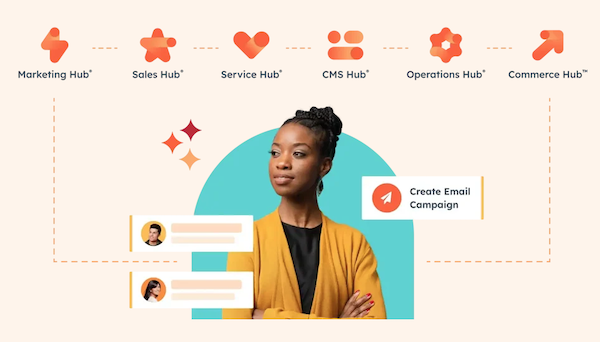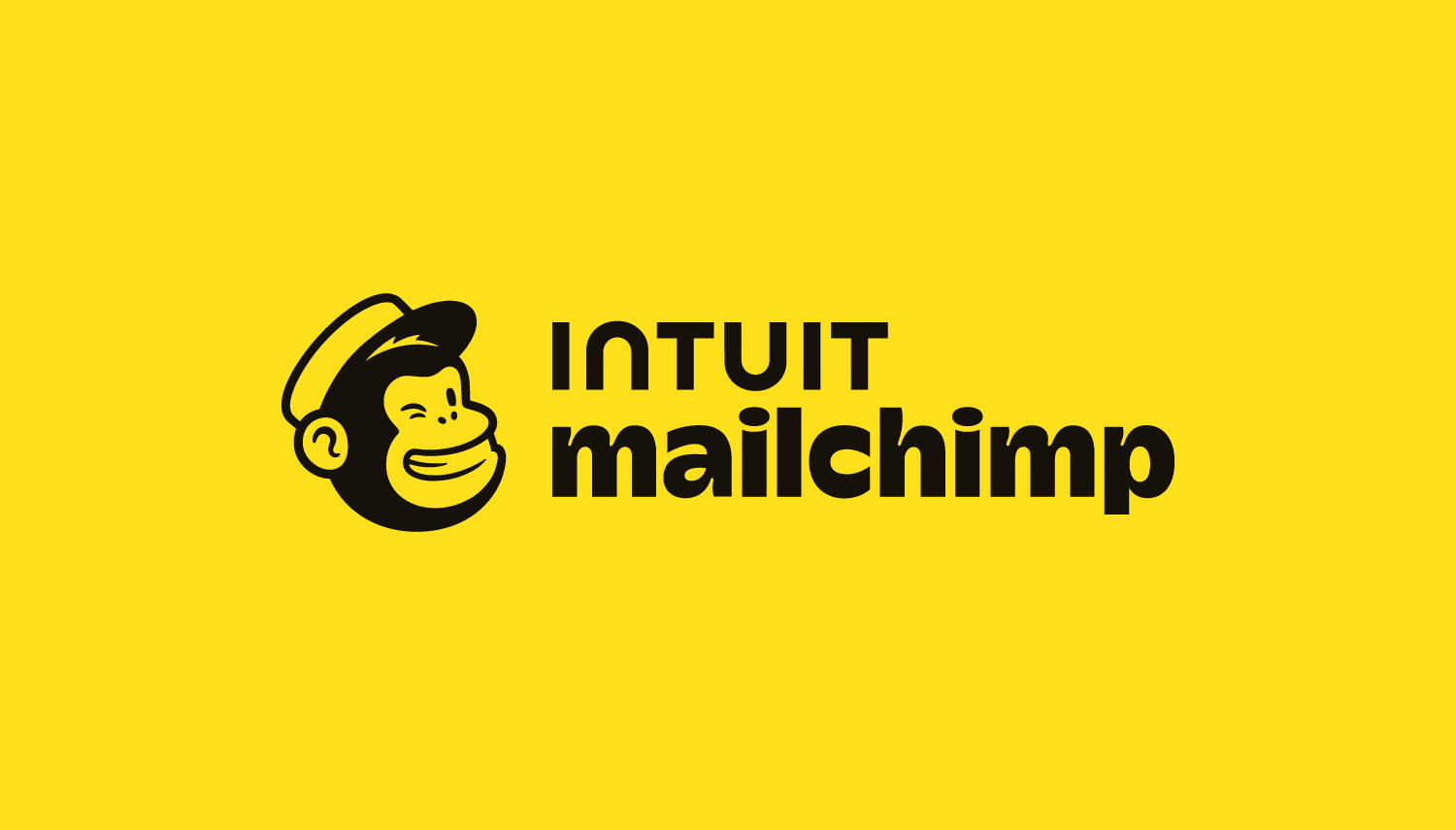Finding the right marketing tools can make or break your digital strategy. Over years of managing campaigns across different industries, I've put together this collection of tools that consistently deliver results without overcomplicated features or steep learning curves.
This isn't just a random assortment of popular software; it's a carefully selected combination that works well together. Whether you're handling marketing solo or leading a team, these tools will help you create campaigns that connect with your audience and drive meaningful results.
I've tested dozens of options for each category, and these are the ones that have earned a permanent place in my workflow.
The Tools
HubSpot
The Center of Your Marketing Universe
HubSpot has become the foundation of my marketing operations. It connects every stage of the customer journey, from first-time visitors to loyal customers, without forcing you to juggle multiple platforms.
What I love most is how the marketing, sales, and service hubs work together, ensuring conversations with customers flow naturally across departments. Even team members who aren't tech-savvy can quickly get comfortable with the interface, making adoption across the organization surprisingly smooth.

Ahrefs
SEO That Actually Makes Sense
Ahrefs cuts through the SEO confusion and delivers insights you can actually use. Its backlink analysis shows you exactly why competitors are ranking and what you need to do to catch up.
The keyword explorer has saved me countless hours of guesswork by revealing what people are actually searching for. My favorite feature is the content gap analysis - it's like having a roadmap to topics your competitors have missed. I've discovered some of my highest-performing content topics using this tool when I spot keywords with high volume but low competition.

Canva
Design Without the Design Degree
Canva lets me create professional-looking visuals without needing to learn complicated design software. The interface is intuitive enough that I can quickly put together social graphics, presentations, or blog images between meetings.
The template library is a massive time-saver, giving you a solid starting point for practically any visual you need. What really makes Canva stand out is how it lets marketing teams produce consistent, on-brand visuals without having to run everything through the design department.
Mailchimp
Email Marketing That Delivers
Mailchimp makes email marketing feel straightforward rather than overwhelming. The campaign builder lets you create emails that look custom-designed even if you're starting from scratch.
The reporting shows you exactly which messages connected with subscribers and which missed the mark. I've found their automation sequences particularly valuable - they let you create personalized journeys based on subscriber behavior, nurturing leads with the right content at the right time.

Buffer
Social Media Without the Stress
Buffer turns social media management from a constant interruption into an organized process. The calendar view lets you plan and schedule content across platforms in one sitting, freeing up your week from the constant pressure to post.
The analytics make it clear which content performs best on each platform, helping you refine your approach over time. What I appreciate most is how Buffer simplifies what could be a chaotic aspect of marketing into something I can handle efficiently in dedicated blocks of time.
Fullres
Website Analytics That Tell the Full Story
Fullres gives you insights into user behavior that basic analytics tools miss. Instead of just showing pageviews and bounce rates, it captures the complete picture of how visitors interact with your site.
The session recordings have been eye-opening, showing exactly where users get confused or abandon forms. The heatmaps reveal which parts of your pages actually get attention and which elements visitors ignore. I've used these insights to make targeted improvements that significantly increased conversion rates without requiring complete site redesigns.

That's my general marketing tech stack
Building an effective marketing tech stack isn't about having the most expensive tools or the longest list of software. It's about finding the right combination that covers all your bases without creating unnecessary complexity.
This collection has developed through plenty of trial and error, with some tools being replaced as better options emerged. The real value comes from how these tools complement each other, sharing data and insights to give you a complete view of your marketing performance.
For marketers looking to maximize impact without getting bogged down in technical complications, this stack provides the essential capabilities you need without the bloat you don't. It's worked for me across different industries and campaigns, and continues to evolve as marketing challenges change.



